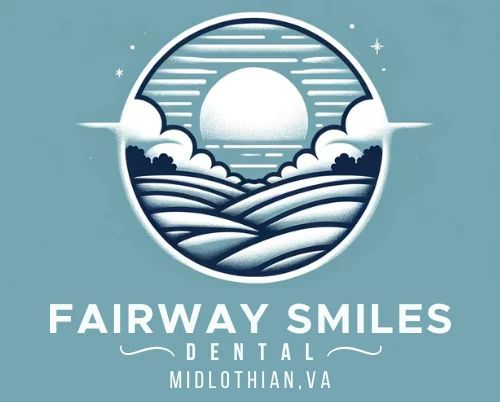Cracked Teeth: Understanding the Causes and Solutions
by Jason T. Lipscomb DDS, Brush Up Dental
A smile is often the first thing we notice about someone, and our teeth play a significant role in making that first impression count. But sometimes, even with the best care, our teeth can show signs of distress. One of the most common issues that many patients face is cracked teeth. The photograph attached is a prime example of what cracked teeth might look like. Let’s dive deeper into understanding the causes, symptoms, and treatments for this dental concern.
What Causes Teeth to Crack?
There are several reasons why teeth may crack:
- Biting hard substances: Accidentally biting on hard food items like ice, nuts, or candy can result in a cracked tooth.
- Trauma: Injuries from accidents can cause a tooth to crack.
- Grinding or clenching: Over time, grinding your teeth, especially during sleep, can weaken and eventually crack them.
- Temperature fluctuations: Exposing your teeth to hot and then immediately to cold can cause them to crack due to the rapid expansion and contraction.
- Old fillings: Large fillings, over time, can weaken the surrounding tooth structure, leading to cracks.
- Natural wear and tear: As we age, our teeth undergo natural wear, making them susceptible to cracks.
Symptoms of a Cracked Tooth
Cracked teeth might sometimes go unnoticed, especially if they don’t cause immediate pain. However, some common symptoms include:
- Intermittent pain when chewing or biting.
- Sensitivity to hot, cold, or sweet foods.
- Swelling around the gum area.
- Discomfort or pain that comes and goes, making it hard to pinpoint.
Treatment Options

Once a tooth is cracked, it’s essential to consult a dental professional to prevent further damage or complications. Based on the severity and location of the crack, various treatments can be considered:
- Bonding: For minor cracks, a composite resin can be used to bond the tooth and restore its appearance.
- Veneers: These are thin shells made from porcelain that cover the front surface of the tooth, offering both protection and cosmetic improvement.
- Crowns: For more severe cracks, especially those that have caused significant damage to the tooth’s structure, a crown might be recommended to cover and protect the tooth.
- Root canal: If the crack extends to the pulp of the tooth, a root canal may be necessary to save the tooth and prevent infection.
- Extraction: In cases where the tooth is severely damaged and cannot be saved, extraction might be the best option, followed by a dental implant or bridge to replace the missing tooth.
Prevention is Key
While not all cracked teeth are preventable, here are some steps to reduce the risk:
- Avoid biting on hard foods or objects.
- Wear a mouthguard if you participate in contact sports.
- Use a nightguard if you grind your teeth at night.
- Regular dental check-ups to spot and address potential issues early on.
While a cracked tooth can be distressing, modern dentistry offers a range of solutions to restore both function and appearance. If you suspect you have a cracked tooth or are experiencing any dental discomfort, it’s crucial to seek professional advice promptly.
For more information or to schedule a consultation, please reach out to us at Brush Up Dental. Together, we can ensure that your smile remains healthy and radiant for years to come.
